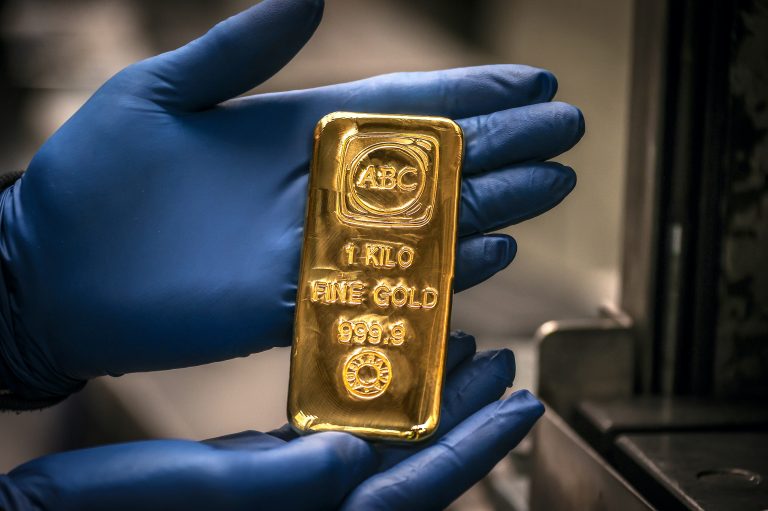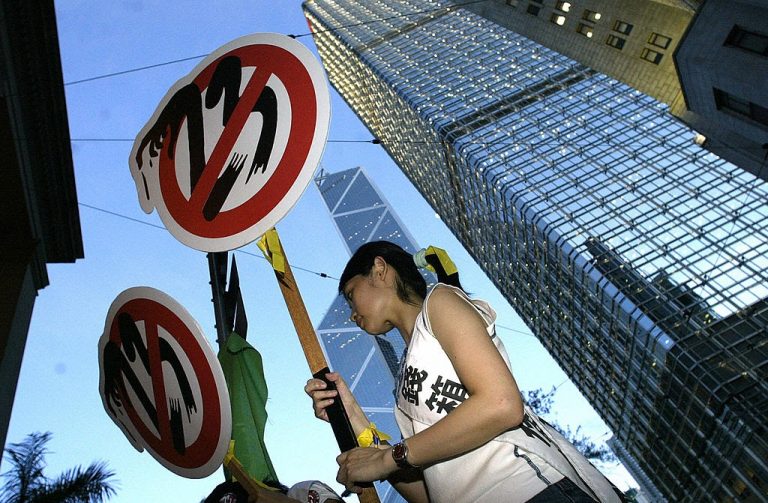Australia’s Foreign Investment Review Board gave the green light to the Chinese Communist Party’s (CCP) acquisition of gold mining company Cardinal Resources in August.
Cardinal will be taken over by the CCP’s second largest state-owned gold mining enterprise, Shandong Gold. Shandong Gold will pay $1.075 per share for all of Cardinals shares in the takeover bid. Cardinal was valued at $0.45 in June and $0.725 in September before the announcement.
By contrast, Five Eyes partner Canada rejected the CCP’s bid to purchase TMAC Resources, which owns a mine 120 miles North of the Arctic Circle, through Shandong Gold on Dec. 21. Shandong had proposed to buy TMAC for $150 million in May, while the blocked deal was purportedly worth $230 million.
TMAC’s acquisition came under intense scrutiny as a result of the Canadian public’s negative sentiment toward China caused by the Communist regime’s retaliatory imprisonment of the “Two Michaels,” Michael Kovrig and Michael Spavor. The Two Michaels were kidnapped in response to Canada’s arrest of Huawei CEO Meng Wanzhou in 2018, and have been held hostage in a Chinese prison for more than two years.
A likely contributing factor to the rejected deal was Rebel News’ breaking story on Dec. 14, showing the Canadian Government had invited the CCP’s People’s Liberation Army to Canada for winter survival training. The proposed training was cancelled after the U.S. raised security concerns. “It’s just a fact that relations between Canada and China are not strong right now. I wasn’t surprised that it wasn’t approved,” said TMAC CEO Jason Neal in an interview with CTV News.
Success
You are now signed up for our newsletter
Success
Check your email to complete sign up
U.S. Secretary of State Mike Pompeo issued a warning about the CCP expanding its globalization movement, the Belt and Road Initiative, through the Arctic Circle in May of 2019. “Do we want Arctic nations broadly, or indigenous communities specifically, to go the way of former government in Sri Lanka or Malaysia, ensnared by debt and corruption? Do we want crucial Arctic infrastructure to end up like Chinese-constructed roads in Ethiopia, crumbling and dangerous after only a few years?” asked Pompeo.
Former Director of the Canadian Security Intelligence Service (CSIS) Richard Fadden said he believes the CCP’s pursuit of control of gold should be treated with the same seriousness as its conquest of rare earth minerals has been: “I think gold is pretty important for the world economy. China has enough of a grip on the world economy as it is, given its capital assets, so I would include gold [as a critical mineral],” he said to The Globe and Mail.
China added more than 100 tons of gold to its vaults during the trade war with the United States, according to Bloomberg, which is valued at more than $6 trillion USD at today’s spot prices. “There is a worry that the Chinese seemed to be very knowledgeable about regulatory thresholds and were coming just underneath them,” said Fadden. “If you had enough of these, either beneath regulatory thresholds or small investments, they would eventually be consolidated and there would not be very much anyone could do about it.”
The CCP undoubtedly savored the acquisition of Australia’s Cardinal Resources because of the miner’s Namindi project in Ghana. The company estimates the 19.54 km plot is holding 7 million ounces of gold according to its website. Ghana is already indebted to the Party because of a $2 billion infrastructure deal with another CCP state-owned enterprise, Sinohydro Corporation. The acquisition of this mine would only give the Party more leverage over the small African nation.
Follow us on Twitter or subscribe to our email list

















